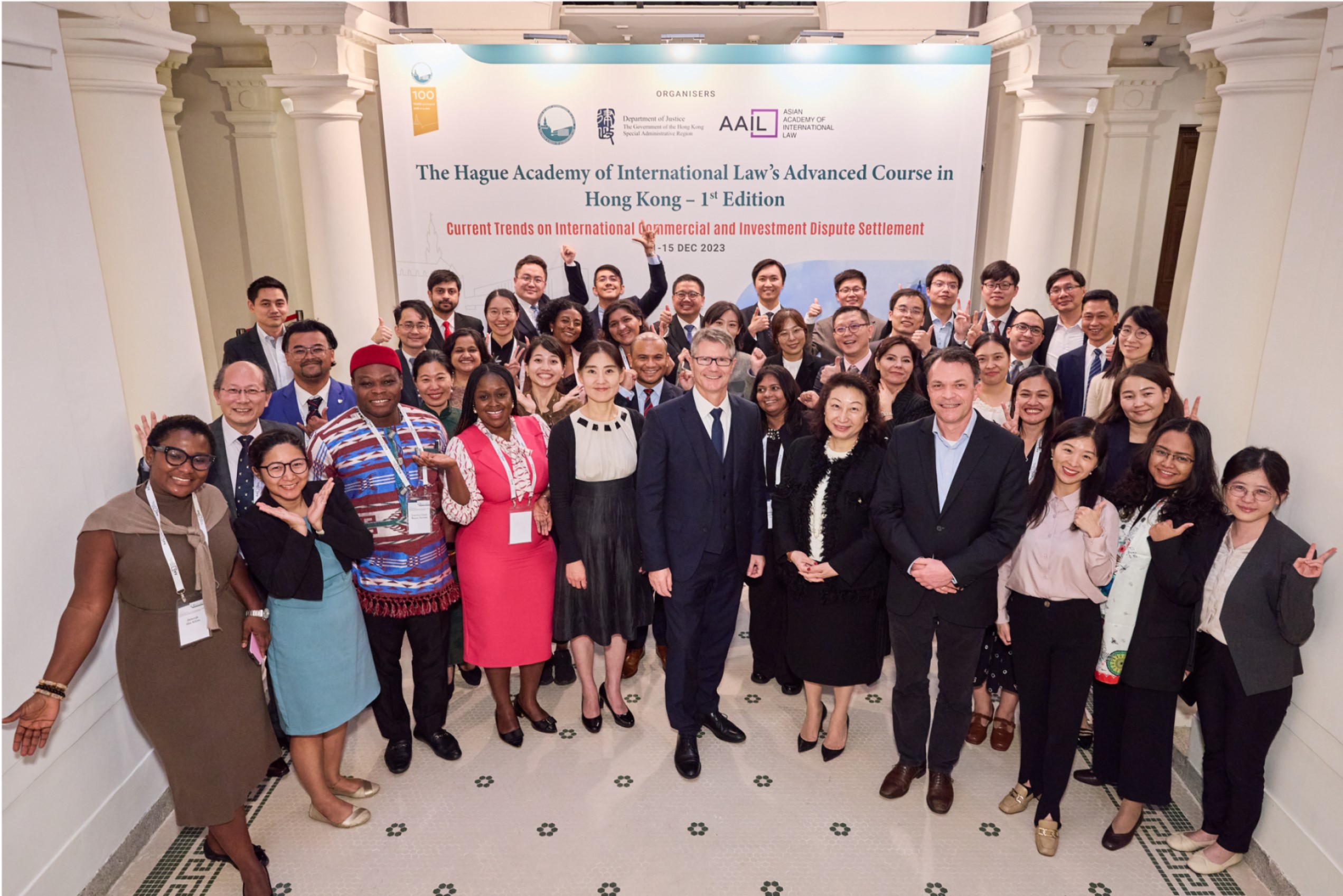UK has signed the 2019 Judgments Convention
On 12 January 2024, the United Kingdom has signed the 2019 Judgments Convention (Convention of 2 July 2019 on the Recognition and Enforcement of Foreign Judgments in Civil or Commercial Matters), as announced in the press release of the Hague Conference on Private International Law.
This a milestone within the coming about of the worldwide framework for recognition and enforcement of foreign judgments and a welcome addition to the post-Brexit legal landscape.


